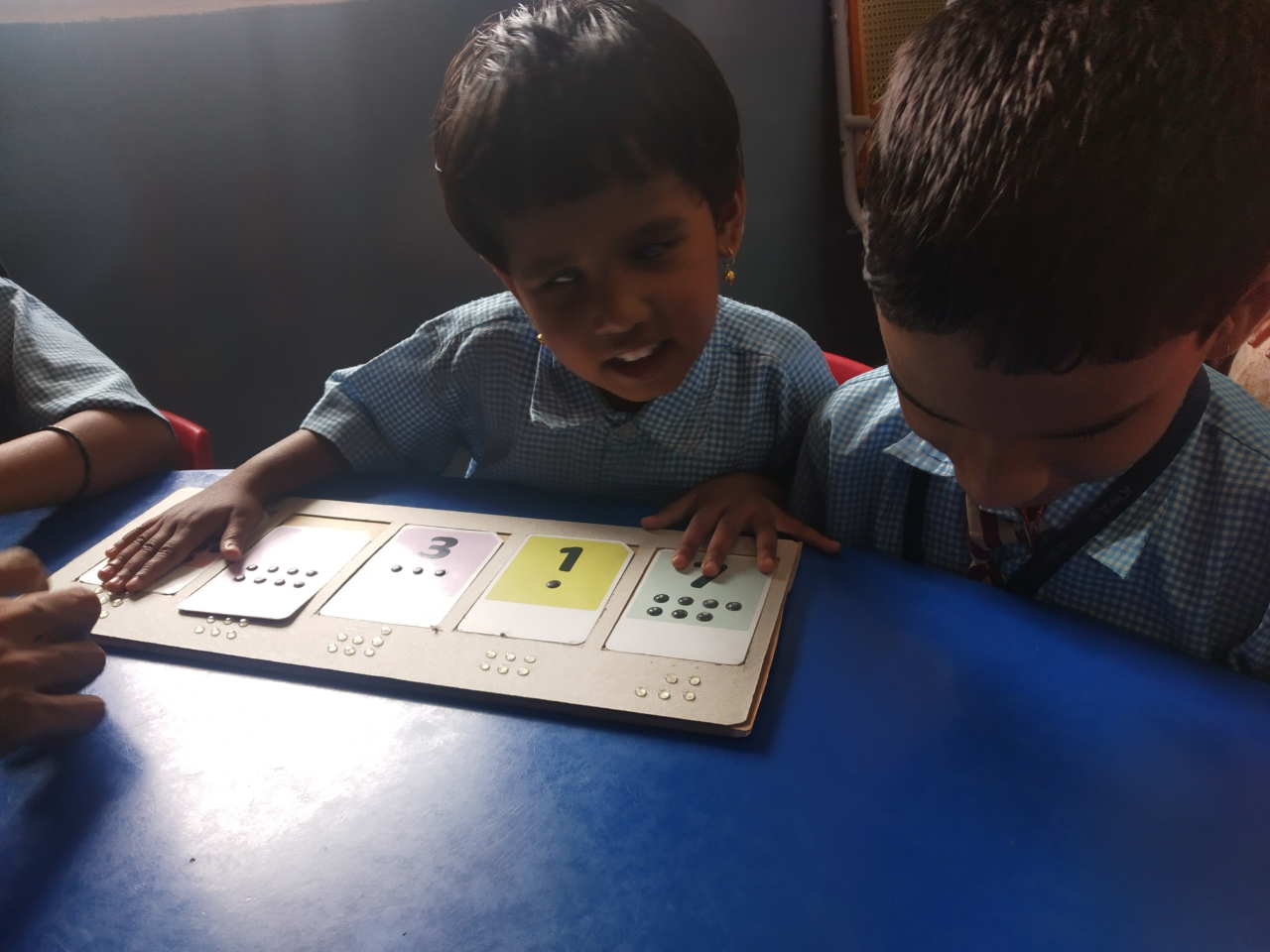
Market for accessibility services: How these startups got it right

The disability sector in India has been historically charity-driven, and most assistive devices used by Indian persons with disability are imported.
Recognising the need for homegrown assistive devices which adapt to localised needs, a slew of Indian startups are now coming up with accessible and affordable devices for persons with visual impairment.
Some of these startups use mixed business models, partly funded by revenues from subscription and angel investors and grants, and are changing the landscape of the disability sector in India. Some such startups, such as BrailleMe and Eye-d, have even found global markets.
As the world celebrates International Day of Persons with Disabilities, these startups are unique in how they view persons with disabilities — not as recipients of benevolence, but as potential customers with purchasing power.
Affordable pricing
BrailleMe, one of the most affordable Braille readers, started by two IIT Bombay graduates, is priced at one-fourth the price of similar devices sold in the West.
“We realised that the existing accessibility solutions were not affordable for a blind person in India or anywhere in the developing world,” said Surabhi Srivastava, one of the founders of BrailleMe.
Most of the visually impaired live in the developing world, with India accounting for 20% of the world’s visually impaired population.
Also read | ‘Draft education policy neglects needs of disabled children’
“We intended to develop a viable business model so that the visually impaired derive tangible benefit from our product, in terms of enhancing their education and employment opportunities,” Srivastava said.
Rising Star Tours and Travels, founded by Delhi-based Amit Jain, offers accessible tours to the visually impaired, and has completed eight trips so far, including a couple of international trips.
The cost of the trip is partly recovered from the visually challenged travellers, and partly through an NGO Khilte Chehre. By keeping the trips affordable, users will be more willing to pay as they realise that the trips are also accessible.
Envision AI, a company started by two Indians in the Netherlands, makes visual information accessible to the visually impaired.
“Envision runs on a subscription model because this ensures that we continuously work towards increasing its efficiency. A subscription model also lowers the barriers to entry for our product,” said Karthik Mahadevan, co-founder of Envision AI.
GingerMind Technologies’ Eye-d, an app helping the visually impaired to lead independent lives, offers a one-time purchase for its products.
“The revenue earned through sales is minuscule compared to the actual expenses incurred,” said Shaswat Jena, one of the founders of the app.
Rising Stars, Envision, Eye-d, as well as BrailleMe arrived at a price point after taking feedback from the visually challenged community.
Eye-d and Envision started paid versions of their apps with additional features in response to feedback by some of their users.
Unique pricing and marketing strategies
Tactopus, a Bangalore-based startup that makes early learning aids for children with visual impairment, has different revenue streams — B2C, i.e. parents and others who can afford the product, B2B, i.e. schools or resource centres such as the National Association for the Blind, and B2G, i.e. where the government commissions products.
“Unfortunately, in India, most of the visually impaired are also underprivileged, so we adopt a multi-pronged approach that involves NGOs, CSR partners and schools,” said Karen D’Mello, community engagement lead at Tactopus.
Also read | Wide gap in claims vs reality on facilities for disabled in polling booths
Karthik Mahadevan of Envision said that the transition to a subscriber-based model was initially difficult, and they saw a huge dip in users from India.
“We then switched to differential pricing, which led to an increase in Indian subscribers again. We are still trying to figure out the right price point to make it affordable for everyone, keeping in mind our expenditures and quality,” he added.
In an effort to ensure that all smartphone users can use Eye-d, the app’s processing takes place on its server. “We wanted the app to cater to the needs of a diverse group of visually challenged users,” said Jena.
In addition to the unique ways startups are finding to raise funds and to cater to a wider set of users, the visually impaired are also finding their own ways to pay for these products.
“Some of our customers found BrailleMe so useful that they found donors for themselves or sponsors for their schools,” said Surabhi Srivastava of BrailleMe.
Changing mindset of the disabled
“The disabled community in India is habituated to receiving charity,” says Anirban Mukherjee, member of National Platform for the Rights of the Disabled.
But this mindset is slowly changing, said Shaswat Jena of Eye-d. “We see that the community is more accepting of the idea of paying for products and services,” he added.
The success of these startups should not be viewed in isolation. “The increased ability of the visually challenged community to pay for accessibility services is an outcome of reservations in jobs that have been in place for the past 25 years,” said Mukherjee.
For this model to be sustainable, Mukherjee believes that the Rights of Persons with Disablities Act, 2016 needs to be implemented on a larger scale, so that more such people get jobs with higher incomes, enabling them to purchase accessibility services and products.

